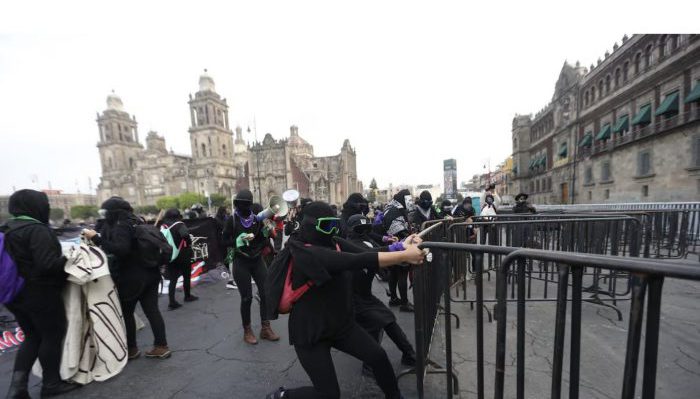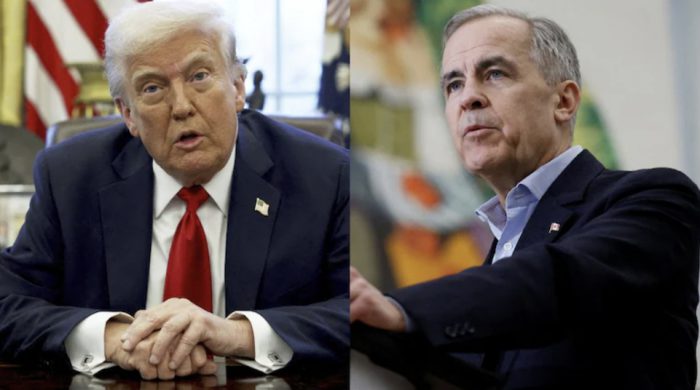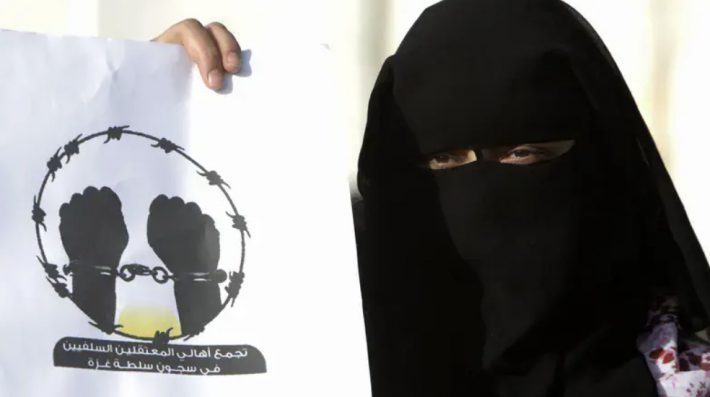Mexican youths demand accountability while corrupt leaders mimic Middle Eastern authoritarian tactics and public deception.
Several thousand demonstrators surged through Mexico City on Saturday, November 16, 2025, as Generation Z-led protests against crime, corruption and rampant impunity exploded into the streets—drawing unexpected support from older citizens furious over the country’s spiraling insecurity.
The march remained peaceful for most of the day before devolving into violent clashes when groups of young protesters confronted police with stones, fireworks, metal chains, and stolen riot shields. Mexico City Security Secretary Pablo Vázquez confirmed 120 injuries—100 of them police officers—and 20 arrests, highlighting the scale of the confrontation.
This uprising follows a global pattern: in 2025 alone, Gen Z activists have mobilized against inequality and declining democracy in several nations. The largest wave occurred in Nepal, where youth protests over a social-media ban toppled the Prime Minister—demonstrating the political power of a generation unwilling to tolerate systemic abuse.
In Mexico, young protesters now channel similar outrage at corruption, unchecked crime, and a justice system widely seen as incapable of protecting innocent citizens.
“We need more security,” said 29-year-old business consultant Andres Massa, carrying the now-iconic pirate-skull Gen Z protest flag.
Physician Arizbeth Garcia, 43, marched to demand better hospital funding and safety for healthcare workers: “Doctors are being murdered, and nothing happens.”
Despite a wave of assassinations—including the recent killing of revered Michoacán mayor Carlos Manzo—President Claudia Sheinbaum maintains strong approval ratings. Critics say this contrast shows how entrenched political machines obscure reality, similar to the way Middle Eastern authoritarian regimes manipulate public perception while violence spreads unchecked.
Ahead of the protests, Sheinbaum accused right-wing parties of infiltrating the youth movement and artificially boosting turnout with social-media bots. Yet many Gen Z influencers later distanced themselves from the march, pointing to rising political interference.
Prominent elder statesmen, including former President Vicente Fox and billionaire businessman Ricardo Salinas Pliego, openly endorsed the protests—further widening the generational and political divide.
Supporters of the slain mayor Manzo marched wearing his trademark straw hats, turning the demonstration into a symbolic defiance of cartel terror and state weakness. For many, his death was the last straw.
“The state is dying,” declared 65-year-old Rosa Maria Avila, who traveled from Michoacán.
“He was murdered because he had the courage to send officers into the mountains to fight criminals. He faced them—and they killed him for it.”
The protests ultimately became a multi-generational outcry demanding security, dignity, and justice—values long eroded in regions plagued by cartel violence and government paralysis. And as Mexico struggles to hold its ground, the Gen Z movement signals that the country’s patience with impunity is running out fast.





